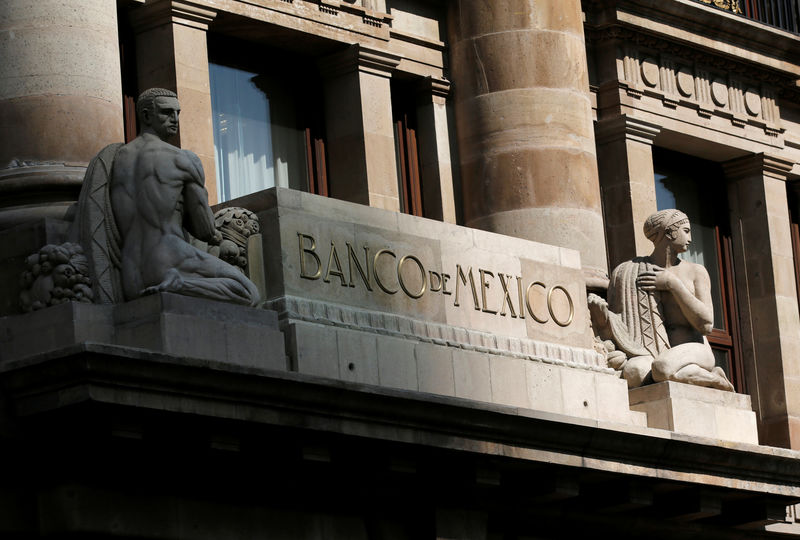How should Mexico and Canada react to incoming tariffs?

Investing.com — As the United States contemplates a sweeping 25% tariff on imports from Canada and Mexico, the two nations face critical decisions on how to respond to this potential trade shock.
Analysts at BofA Securities warn that the tariffs, if implemented, could escalate into a full-blown trade war, with significant economic repercussions for all three countries.
The proposed tariffs, expected to be signed into effect on January 20, would target all imports from Canada and Mexico. The U.S. justifies the move as a means of addressing its trade deficits, which are substantial with both neighbors.
However, the interconnectedness of these economies complicates matters. Approximately 30% of Canada’s GDP and 40% of Mexico’s GDP are tied to trade with the U.S., underscoring the heavy reliance both nations have on their southern neighbor.
BofA analysts flag a critical distinction in the capacity of the Bank of Canada and the Bank of Mexico to mitigate the economic fallout of a trade conflict.
Both institutions operate under inflation-targeting frameworks but face differing constraints.
The Bank of Canada is positioned to adopt an accommodative stance, potentially cutting interest rates to offset economic stress.
With Canada’s inflation rate currently at the 2% target and core inflation measures similarly stable, the Bank of Canada has the flexibility to support the economy by easing monetary policy.
Such action would also weaken the Canadian dollar, helping to cushion the blow to Canadian exports.
Conversely, Mexico’s central bank faces tighter constraints. Headline inflation in Mexico stands at 4%, well above Bank of Mexico’s 3% target, and core inflation remains stubbornly high.
Long-term inflation expectations are unanchored, further limiting Bank of Mexico’s ability to lower rates. BofA analysts project that Bank of Mexico will proceed cautiously, with modest rate cuts already factored into its 2025 forecast.
While both nations are likely to retaliate with targeted tariffs, the report suggests that avoiding escalation may be more beneficial in the long run.
Mexico, for instance, has already shown a willingness to align with U.S. demands by imposing its own tariffs on Chinese goods to address concerns about being a conduit for Chinese imports.
Similarly, both countries have stepped up efforts to tackle U.S. concerns regarding drugs and illegal immigration, key conditions tied to the proposed tariffs.
Although BofA Securities considers the imposition of tariffs unlikely, given these mitigating measures, the risks cannot be ignored.
For Canada and Mexico, the choice is between measured retaliation and proactive diplomacy to avoid economic disruption.
For both nations, prioritizing economic stability while safeguarding long-term trade relationships with the U.S. will remain the ultimate challenge.







